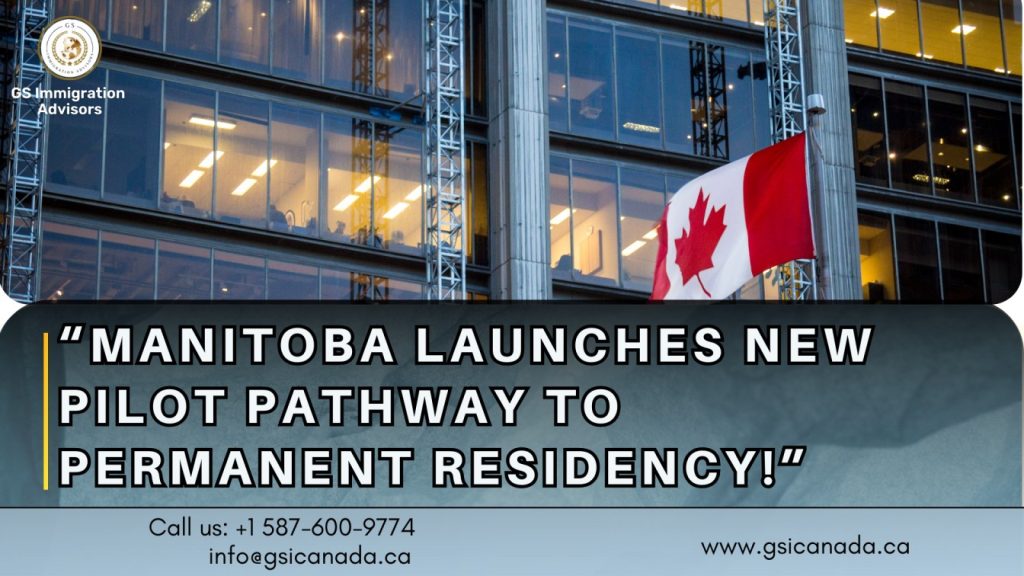
On Friday, November 15, Manitoba unveiled a three-year pilot program aimed at tackling labor shortages in the rural west-central area.
The West Central Immigration Initiative pilot involves a partnership between the province, seven rural municipalities, and the Gambler First Nation.
The West-Central Immigration Initiative partners are
- Municipality of Russell-Binscarth;
- Rural Municipality of Yellowhead;
- Municipality of Roblin;
- Rural Municipality of Ellice-Archie;
- Rural Municipality of Riding Mountain West;
- Rossburn Municipality;
- Prairie View Municipality; and
- Gambler First Nation.
A survey of 85 employers in Manitoba’s west-central region estimates that 240-300 workers will be required over the next three years to meet labor demands driven by new jobs, retirements, replacements, and regional growth.
Manitoba’s Minister of Labour and Immigration, Malaya Marcelino, stated that the pilot will help address workforce planning challenges and support economic and community development.
Marcelino emphasized that the initiative is focused on “responding to local needs for skilled workers in rural Manitoba” while reinforcing the province’s commitment to being a welcoming destination.
The new pilot builds on Manitoba’s existing regional immigration programs in areas like Winkler-Stanley, Morden, and the Parkland region.
The minister added that the province plans to collaborate with additional rural and regional municipalities to develop similar initiatives in the future.
What is an Immigration Pilot?
Immigration pilots are temporary programs designed to address specific labor shortages in certain regions or industries while fostering local growth.
These programs are usually developed through partnerships between federal, provincial, and local governments.
Eligibility for immigration pilots varies; some require a job offer, while others focus on human capital factors such as work experience, education, and language skills.
For example, the Agri-Food Pilot aims to fill labor gaps in Canada’s agriculture and food industries.
Immigration pilots are typically time-limited but can transition into permanent programs if successful, as seen with the Atlantic Immigration Program, which replaced the Atlantic Immigration Pilot in 2022.
Provincial Nominee Programs (PNPs) in Canada
Although similar in some respects, immigration pilots differ from Provincial Nominee Programs.
PNPs allow provinces and territories to nominate individuals for permanent residency based on economic priorities.
Unlike pilots, PNPs are not time-restricted and tend to address broader provincial needs rather than focusing on specific industries or communities.